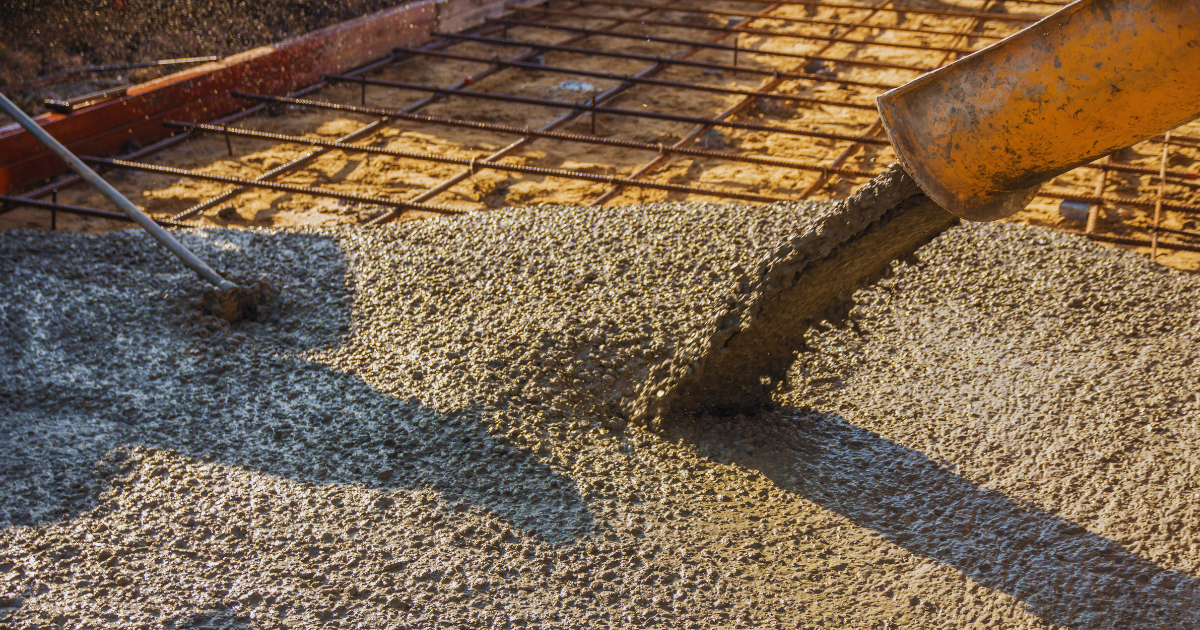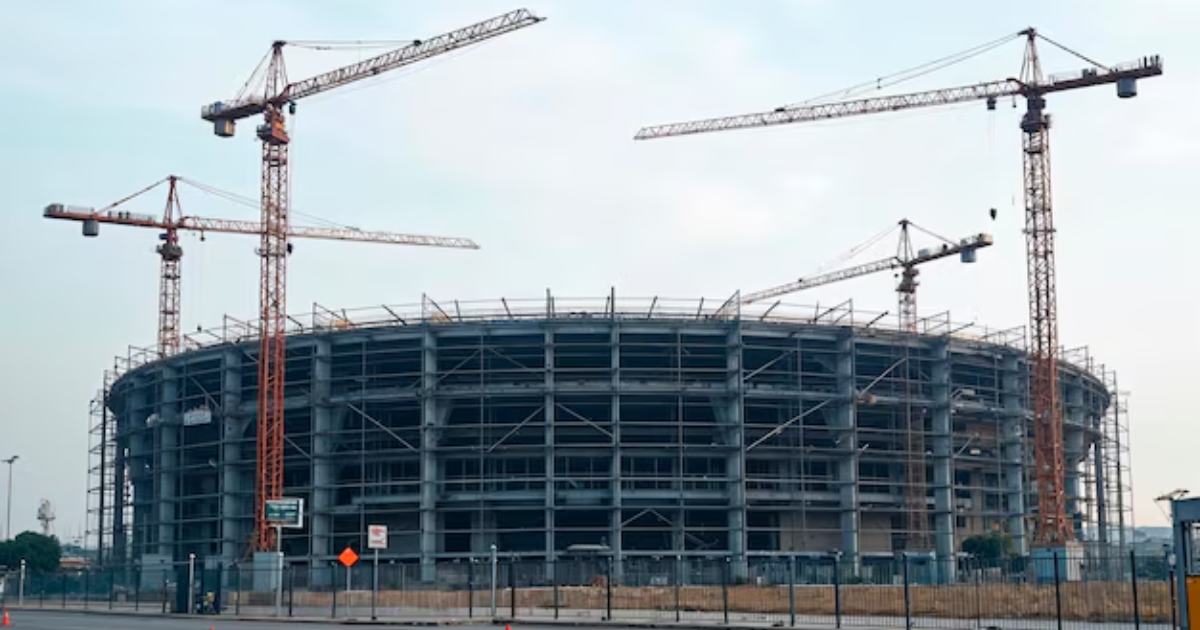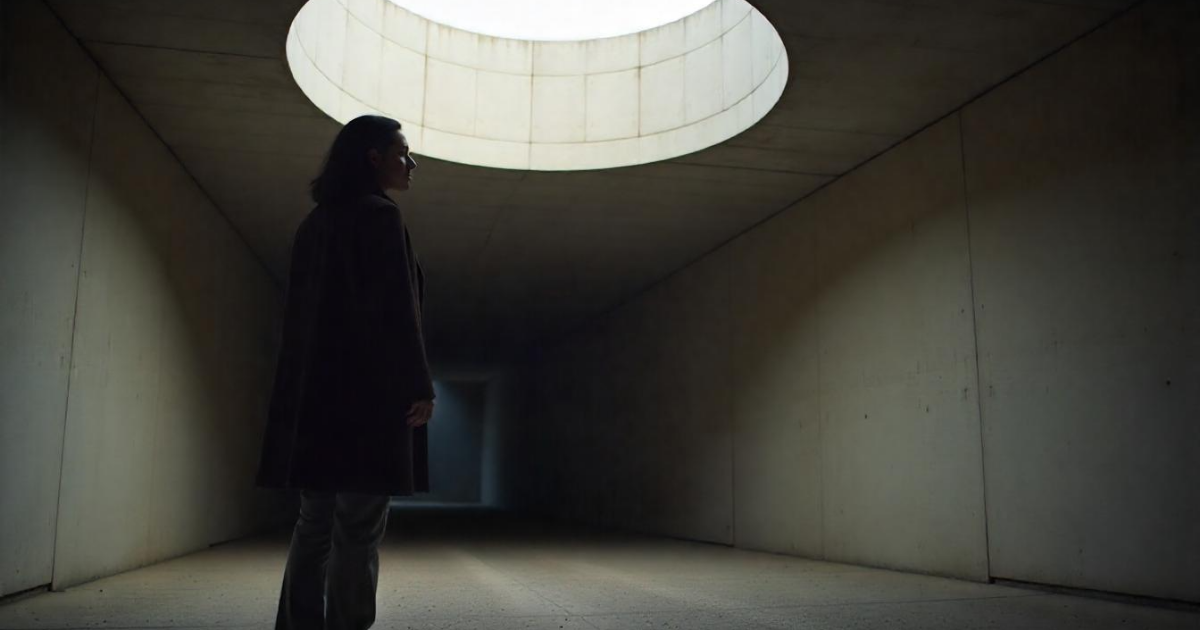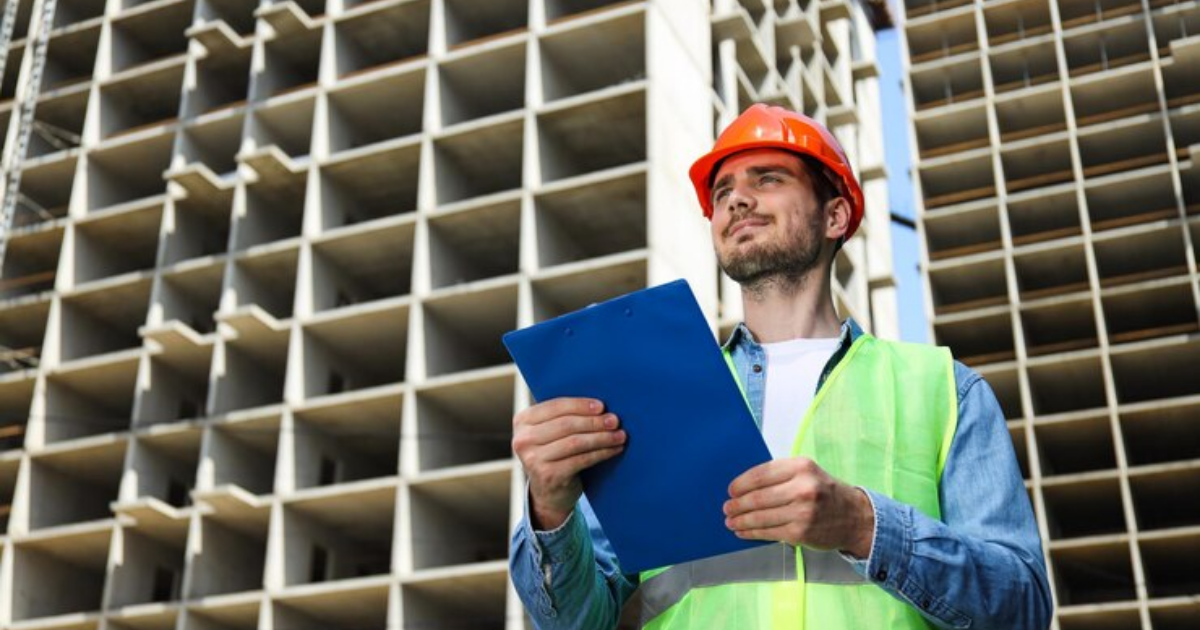Underground parking structures have become increasingly important in urban areas where space is limited, and the need for efficient land use is paramount. Constructing these parking facilities presents several engineering challenges, especially when it comes to ensuring stability and structural integrity in deep excavations. This is where diaphragm wall construction plays a critical role. Diaphragm walls, also known as slurry walls, are crucial for the safe and effective construction of underground spaces, providing stability, waterproofing, and durability.
In this blog, we’ll explore why diaphragm wall construction is vital for underground parking structures and how it addresses the challenges posed by deep excavations in dense urban environments.
What is Diaphragm Wall Construction?
Diaphragm wall construction involves creating reinforced concrete walls that are constructed in the ground to act as a barrier for deep excavations. These walls are typically used in the construction of basements, tunnels, and underground parking garages. The process begins with excavating narrow, deep trenches in the ground and filling them with bentonite slurry to prevent the surrounding soil from collapsing. Once the excavation is complete, steel reinforcement cages are lowered into the trench, and concrete is poured to form the final wall.
This technique is particularly useful in areas with high water tables or unstable soil conditions. The walls act as a retaining structure, keeping the excavation safe and preventing water seepage into the construction site.
Stability and Structural Support for Underground Parking
One of the primary reasons diaphragm wall construction is crucial for underground parking structures is the stability it provides during excavation. Urban areas often require underground spaces to maximize land usage, and these spaces can be up to several stories deep. The pressure exerted by the surrounding soil and water increases significantly at such depths. Diaphragm walls, with their reinforced concrete and steel construction, provide the necessary strength to retain the soil and ensure that the excavation remains safe throughout the construction process.
Without diaphragm wall construction, the risks of soil collapse, water seepage, or other failures increase significantly, jeopardizing the entire project.
Waterproofing and Groundwater Management
Underground parking structures are often built below the water table, especially in coastal cities or areas with high groundwater levels. One of the key challenges in such projects is preventing water from seeping into the excavation. Diaphragm wall construction provides an effective solution to this problem.
The slurry used in diaphragm wall construction forms a temporary waterproof barrier during excavation. Once the concrete is poured and cured, the walls become highly effective at preventing groundwater from entering the parking structure. This waterproofing capability not only ensures the longevity of the underground space but also reduces the need for additional drainage systems or waterproofing membranes.
In projects where waterproofing is essential, such as in underground parking garages, diaphragm wall construction is an invaluable technique that prevents costly water damage and maintains the structural integrity of the building.
Minimizing Construction Disruption in Urban Areas
Urban construction sites are often surrounded by existing buildings and infrastructure. Excavations for underground parking structures must be carried out without causing damage to nearby structures or disrupting the daily lives of people in the area. Diaphragm wall construction offers several advantages in this context.
Because diaphragm walls are constructed from the ground down, they provide immediate support as the excavation deepens. This minimizes the risk of soil movement that could otherwise affect neighboring buildings. Additionally, the use of bentonite slurry helps to stabilize the ground during construction, reducing the impact on surrounding infrastructure.
The precise, controlled nature of diaphragm wall construction allows for deep excavations to be carried out safely and efficiently, even in densely populated urban areas, making it an ideal solution for underground parking projects.
Longevity and Durability
Underground parking structures must be built to withstand the pressures of soil, groundwater, and the weight of vehicles. Diaphragm walls provide a long-lasting, durable solution that ensures the structural integrity of the parking garage for decades to come.
The reinforced concrete used in diaphragm wall construction is resistant to the pressures exerted by the surrounding soil, and when combined with waterproofing features, the walls are highly resistant to environmental damage. This means that underground parking structures built using diaphragm walls are less likely to experience issues such as water damage, cracking, or soil shifts, resulting in lower maintenance costs over the life of the structure.
Additionally, the use of high-quality materials and precise construction techniques ensures that diaphragm wall construction provides a strong, durable foundation for the parking facility, enhancing its overall longevity.
Cost-Effectiveness in the Long Term
While diaphragm wall construction may require a higher initial investment compared to traditional construction methods, the long-term benefits far outweigh the costs. The stability, waterproofing, and durability provided by diaphragm walls reduce the need for costly repairs, maintenance, and additional waterproofing systems over the lifespan of the structure.
In underground parking structures, where structural failure or water damage can lead to expensive repairs, diaphragm wall construction offers a cost-effective solution by minimizing the risk of such issues. This makes it a smart investment for developers looking to create reliable, long-lasting parking facilities in urban environments.
Environmental Considerations
Sustainability is a growing concern in modern construction, and diaphragm wall construction offers several environmentally friendly advantages. The use of reinforced concrete reduces the amount of material waste during construction, and the durability of the walls means that fewer repairs or replacements are needed over time, further reducing the environmental impact.
Additionally, diaphragm walls provide effective groundwater management, which helps to protect natural water resources and reduces the need for extensive drainage systems that could disrupt local ecosystems.
By offering a more sustainable approach to underground construction, diaphragm wall construction aligns with the growing demand for eco-friendly building practices, particularly in urban developments.
Conclusion
For underground parking structures, where deep excavations and challenging ground conditions are common, diaphragm wall construction is an essential technique. It ensures the stability and structural integrity of the parking facility, provides effective waterproofing, minimizes disruption in urban environments, and offers long-term durability and cost-effectiveness. With its many benefits, diaphragm wall construction is the best choice for creating safe, efficient, and reliable underground parking spaces in modern cities.







